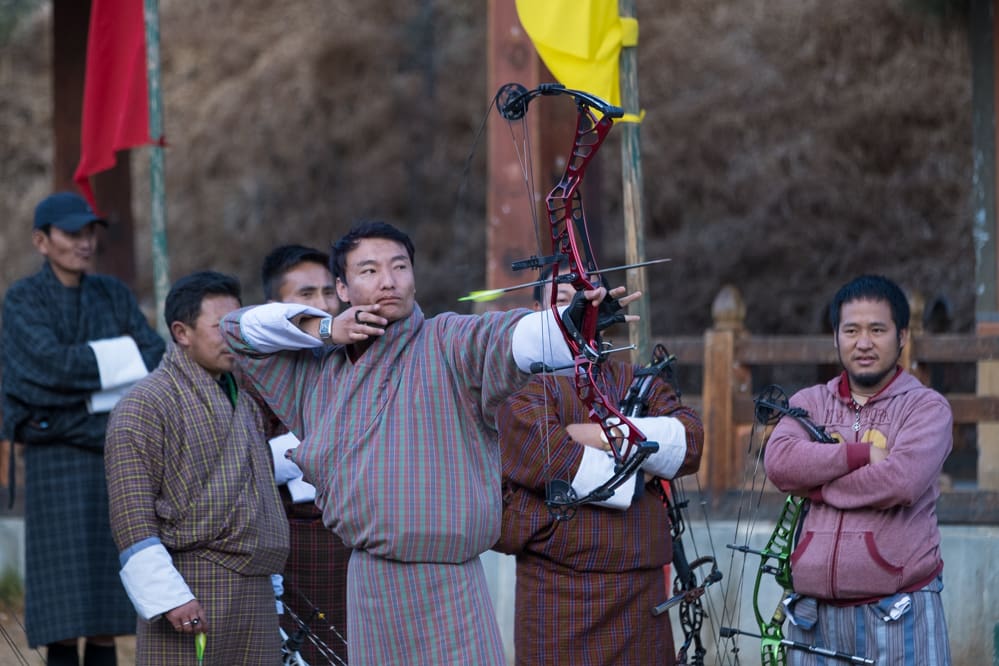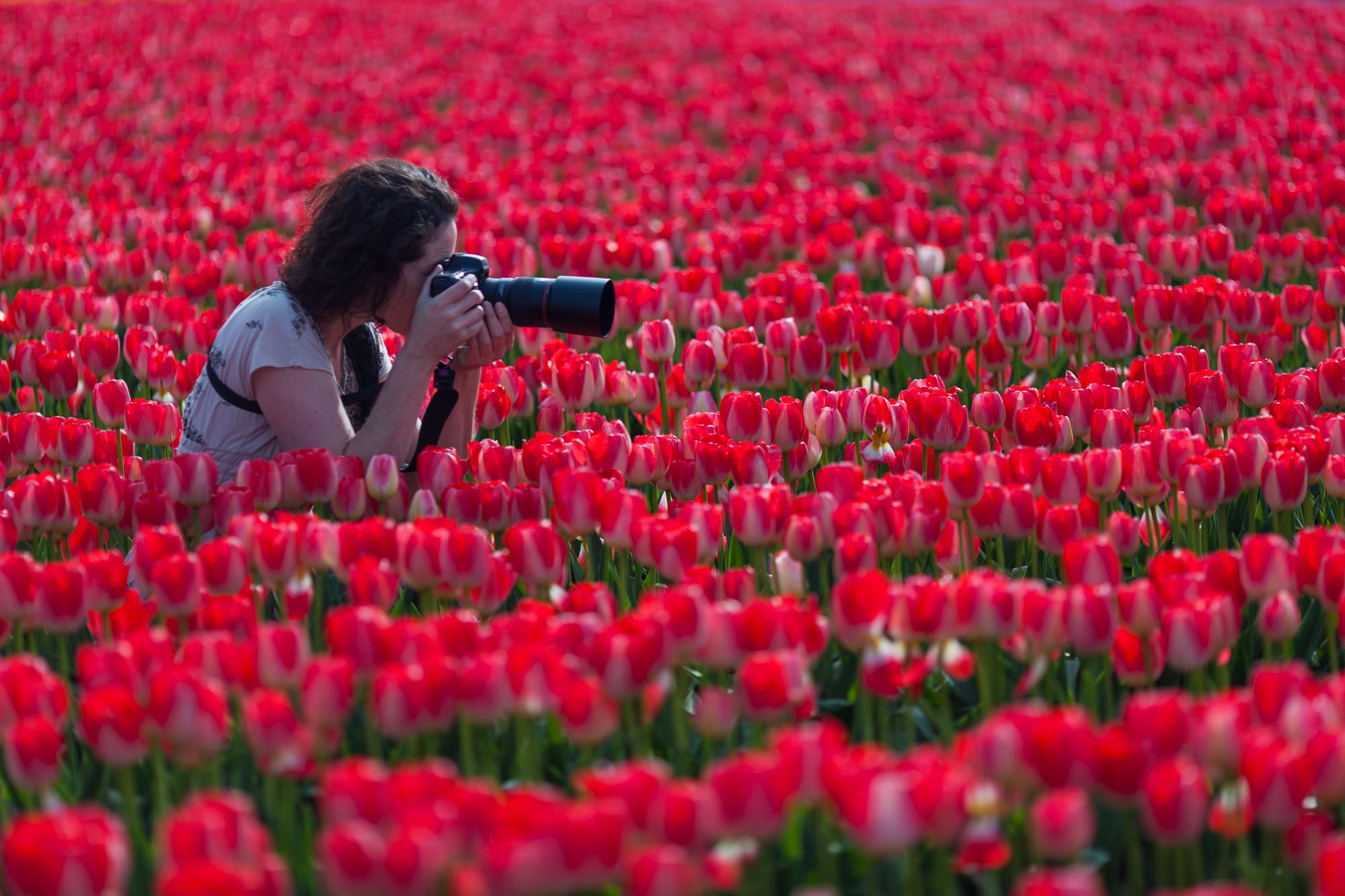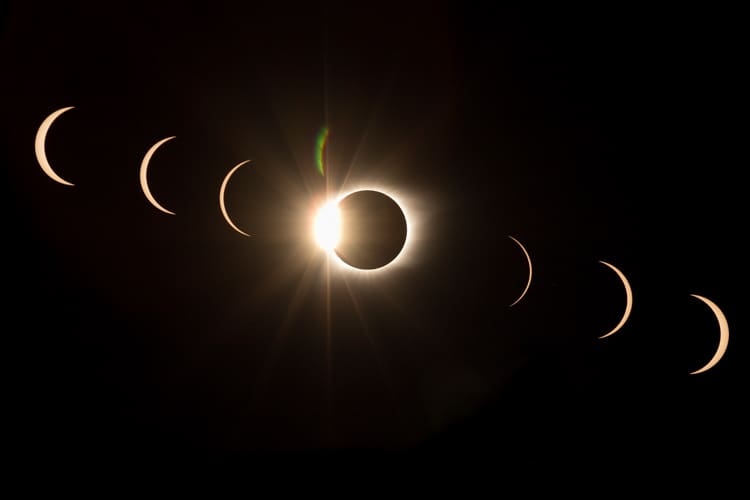Photography is the science of precisely designed glass, silicon, and metal; all working in harmony to create an undefinable artistic result. Seeing how the purpose of the whole process is to end up with a quality product, you’d think us photographers would be heavily focused on the results of our efforts.
Peruse the top photography websites, magazines, and videos and you’d be forgiven if you came away with the impression photographers’ only interest is in purchasing new camera gear. Quality camera reviews can be found by the hundreds, if not thousands; don’t believe me, visit YouTube. If you want to have an honest and helpful image critique about your work, well, that’s not so easy. Yes, I know about Instagram and Facebook, they’re great platforms for sharing, but it’s not exactly the right environment for a nuanced discussion on the finer points of composition.
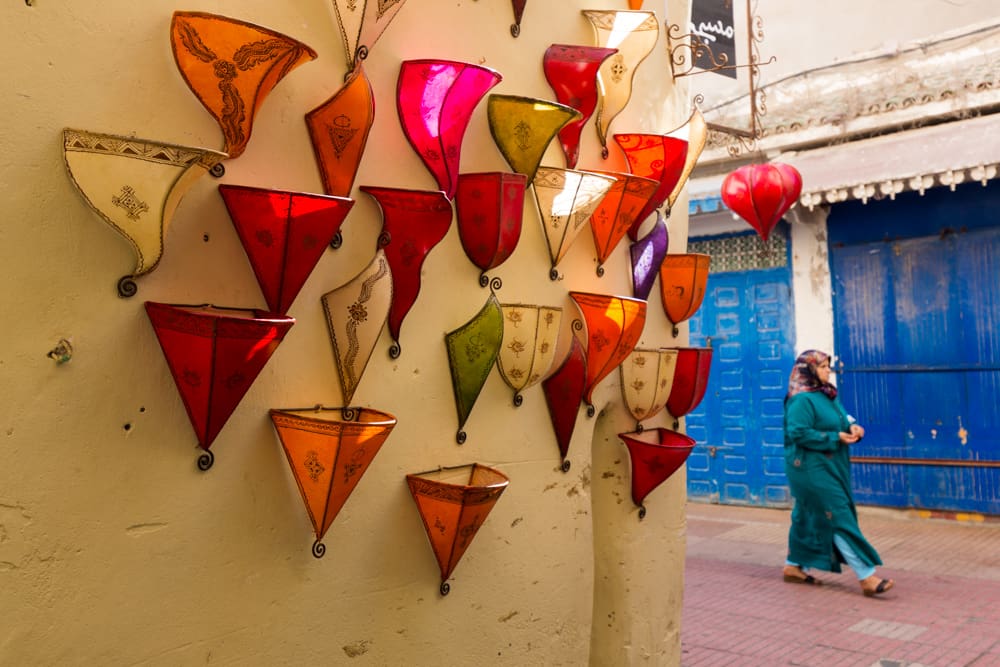
Technology is louder than art
There’s no doubt that camera reviews, rumors, and lens tests get a lot more press than composition. The reason is quite simple; technology sells, composition doesn’t. Review a lens and tell us your thoughts, then include a link to purchase it on Amazon. I get it; it’s a formula that works in the world of clicks and cash. In news it’s been said that if it bleeds it leads, and in photography if it’s for sale, it needs a review and a link. Not as short and pithy, but just as accurate.
For the student of photography, this ratio of technology to art is at an unhealthy level. In my perfect environment I’d read 10 articles on technique or photographic philosophy for every 1 product review. But those aren’t the numbers that exist in the real world. Perhaps I’ve been running in the wrong circles lately, because I know that quality information and ideas are out there. It’s just a bit harder to find.
For photographers that want to improve, hopefully that is all of us, non-gear education should be prioritized over equipment. With equipment it’s easy to quantify the difference between 24 megapixels verses 50 megapixels, but how do you measure your improvement after learning a new technique? Technology has the advantage of the tech stats for comparison. In art and technique, there is a subtle and hard to define difference between levels of improvement.
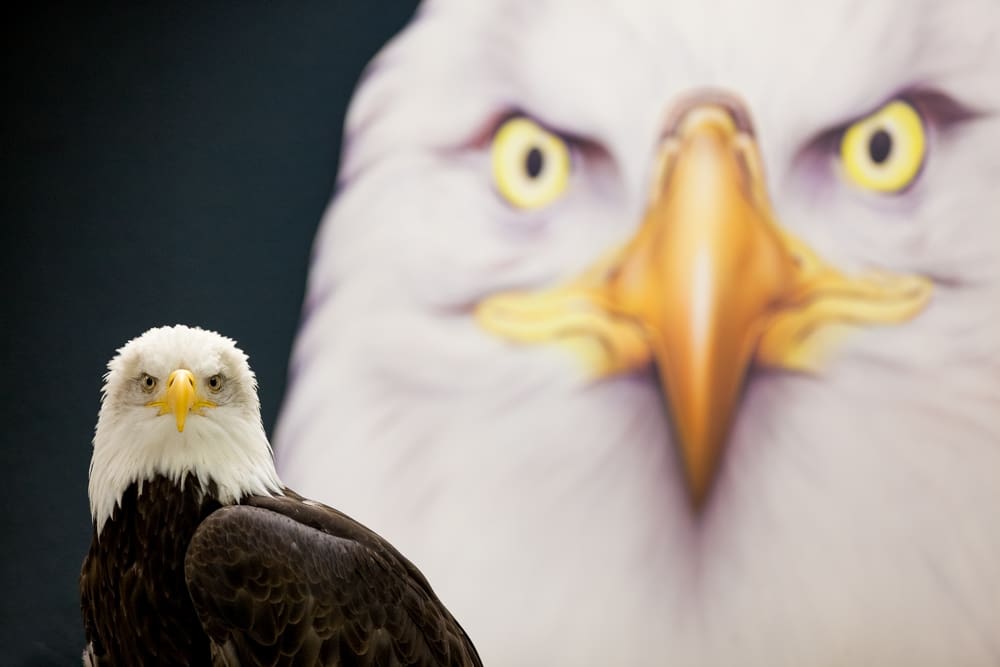
Is photography getting easier or harder?
Over the years the aspiring artist has faced a variety of challenges in pursuing the craft of photography. In the early years simply obtaining a quality camera was the biggest hurdle. For many decades, a major hassle was dealing with costly and dangerous darkroom development materials. From the beginning the cost of quality gear has always been an issue, and that’s truer today than ever before.
The advent of digital gave hope to the idea of low cost photography; the concept of eliminating the reoccurring costs of development were a dream come true. The trade-off to a slightly more expensive body and a memory card seemed like a good bet at the time.
But digital opened a pandoras box where options and quality had unlimited potential. As a result our cameras have gotten increasingly complicated. It’s standard practice for modern cameras to offer more than a dozen buttons and dials on the outside and hundreds of menu options on the inside. I sympathize with the brand new photographer picking up what is essentially a computer, but with more buttons.
I do believe that it’s easier to take great photos today more than ever before. However the pursuit of photography has also become more expensive and more complicated than in the past.
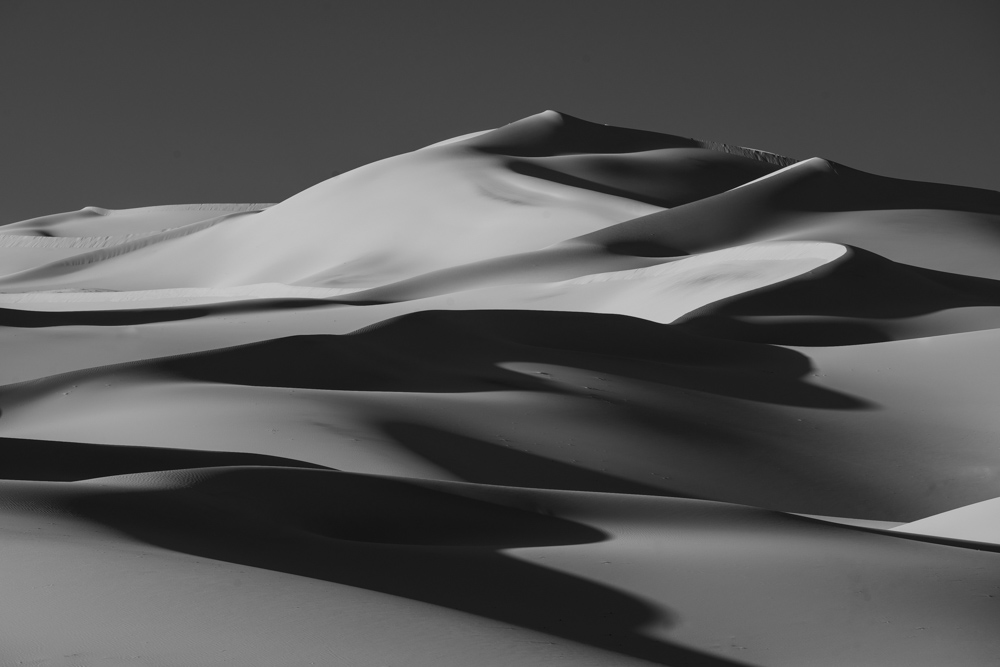
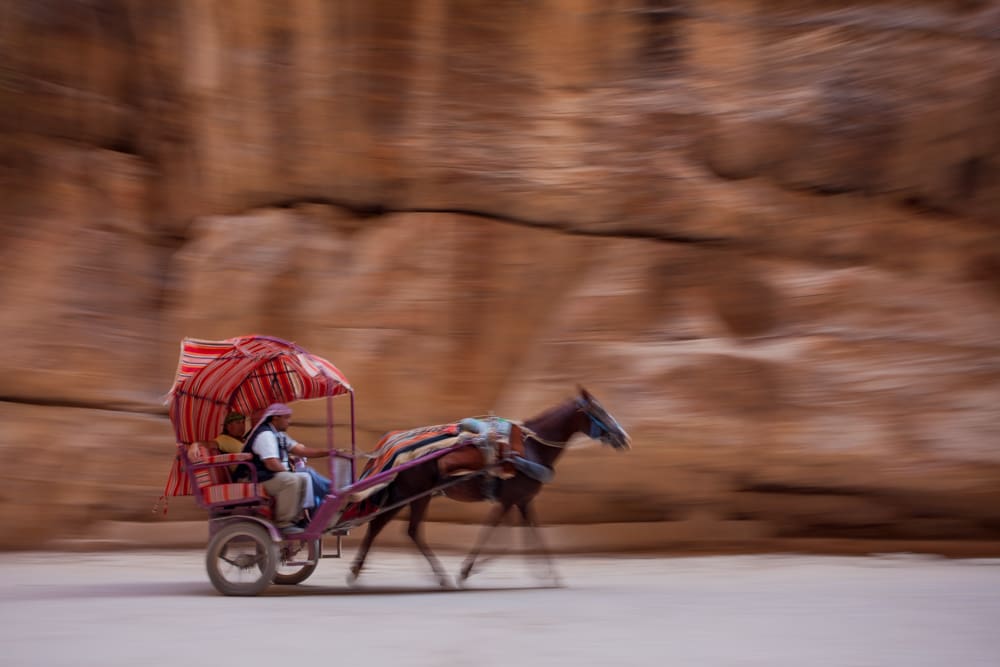
Divergence at the mobile phone
The world of enthusiastic photographers have split at the crossroads of the mobile phone. For years, legions of new parents and globetrotting travelers fueled the sales of the photographic industry. Today, the average snap-shooter doesn’t even buy a camera as they enjoy the convenience of the phone and are more than satisfied with the image quality. The industry can no longer rely on sales of point-and-shoot cameras to support the sales of the more serious offerings. Manufacturers are thus focusing their efforts on the upper end of the market.
For photographers that want more than a mobile phone, there is a widening gap to the world of “real” cameras. The collection of interchangeable mirrorless and DSLR cameras are becoming increasingly expensive, more complicated, and larger. While some of our mirrorless cameras are smaller, the lenses are often getting bigger.
Many years ago I bought a popular bag that had two spots for the cameras and four slots for the lenses. Today, none of my lenses can fit into that bag. Higher quality cameras require higher quality lenses and modern lenses have grown substantial in their girth. My old collection of 52mm to 62mm filters were set aside a long time ago as they don’t fit on my current lenses that require 77mm and 82mm filters.
This increase in size and complexity of modern photographic gear has drawn a sharp division between the casual snap-shooter and the serious photographer. A good example of this trend to the high end is with how products are discussed in popular forums. Look at the YouTube reviewers and see what they say about an entry-level camera that offers a good value versus the uber-high-end halo product that is aimed at 1% of the camera world. Technology loves new, more, and better; whereas the concept of efficient and affordable are not exciting, clickable, or likable.
Cameras are getting more complicated and it’s only going to continue. For those of us that love the craft, we’ll do what we must to stay on top of the situation. It’s a matter of staying educated or falling behind. I’ll do my part to help you stay educated on the technology so we can then move on to the more important ideas and concepts that will truly improve your photography.
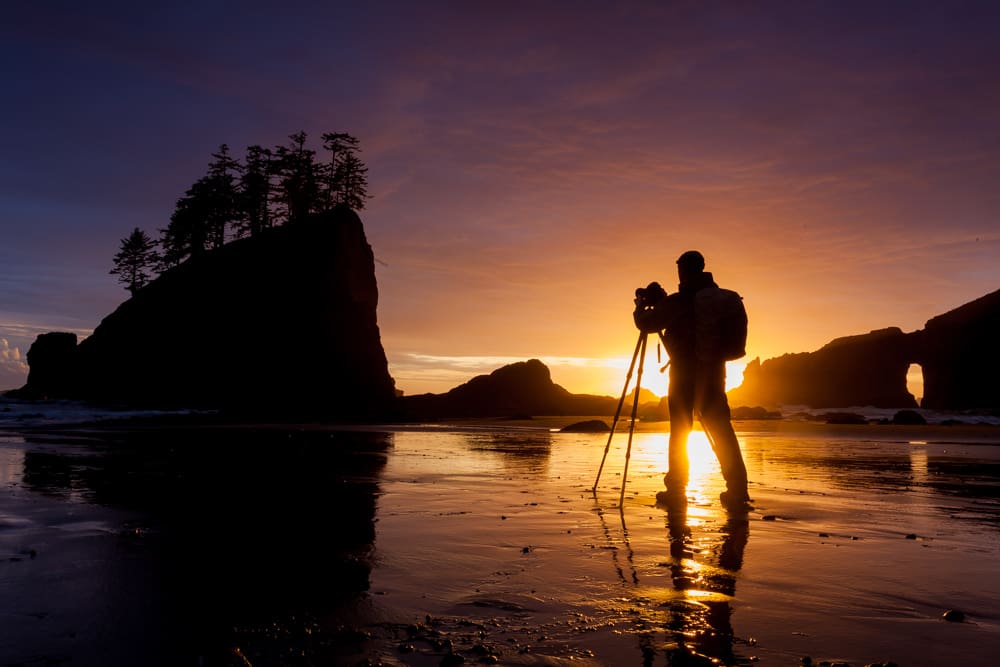
The Right Balance: Art Vs Technology
As photographers, we need to understand technology to achieve our goals. Once you have the tools and understand how to use them, you need to focus on the aspects that will improve your craft. If you have recently purchased a new camera that you are happy with, you have my permission to stop reading camera reviews for the next 3 years (or more).
I enjoy a good camera review probably more than most, but hey, it’s part of my working day. While they are of interest to me, there is nothing I like more than some quality education on composition or technique. I’m a bit of a composition junkie. I’ve looked at most every composition book out there and will read most every article, and watch most every video I can find on the subject. I’m interested in the variety of ideas and concepts that are constantly evolving.
I keep a manifest of all the compositional ideas and techniques that make sense to me. It’s all organized and annotated so that it will also make sense to me when I revisit it later down the road. Organizing helps me understand, helps me learn, and helps me to teach it to others. The ideas and concept of composition are like golden coins that I’m collecting. No matter how many I may have, I always keep my eyes open for a new one. But unlike golden coins, compositional ideas can be used over and over again.
The great land of photographic opportunity and potential lie more in the world of technique and composition than anywhere else. Yes, become an expert in your gear so that it’s not an obstacle to your more important goals. Then, focus on what will truly make you a better photographer and pursue it like your craft depends on it.
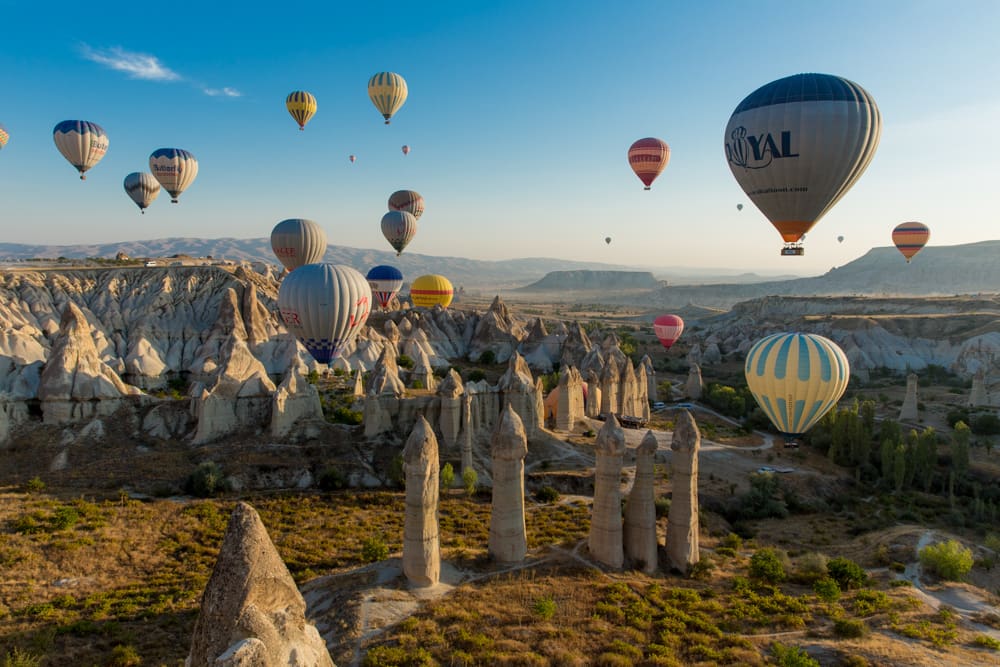
Become part of John’s inner circle
Sign up for the newsletter here – it’s free.
Want to become a better photographer?
Check out John’s selection of photography and camera classes here.
